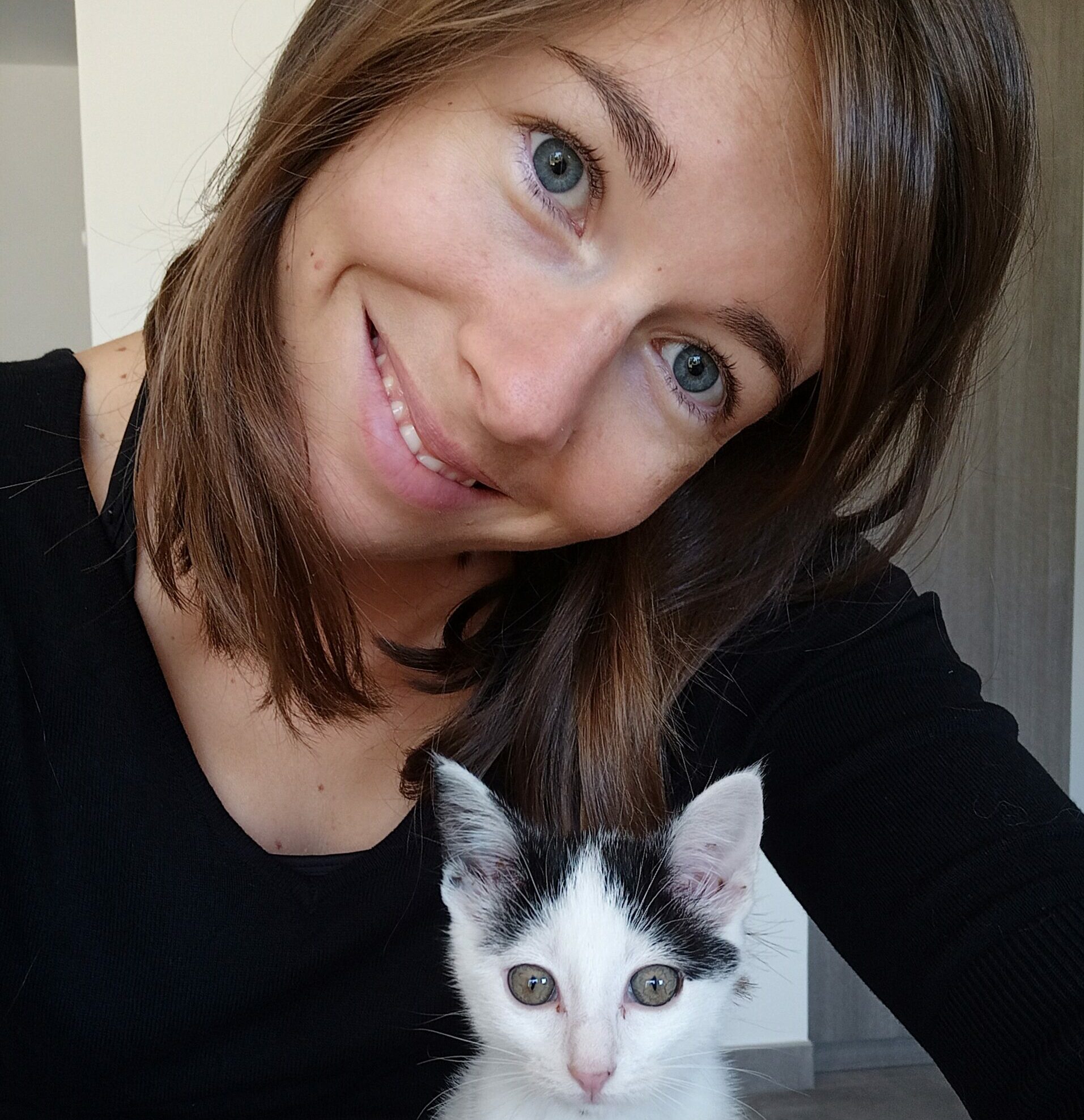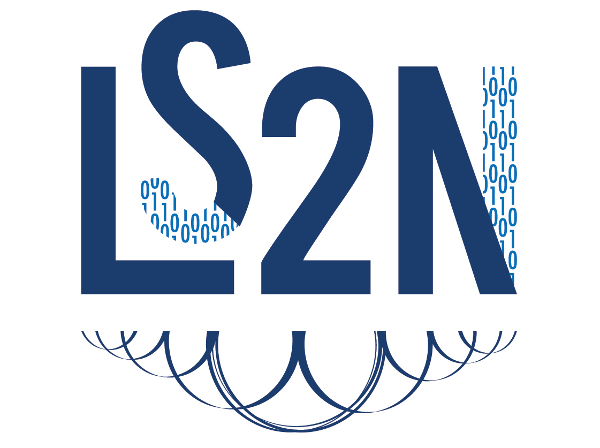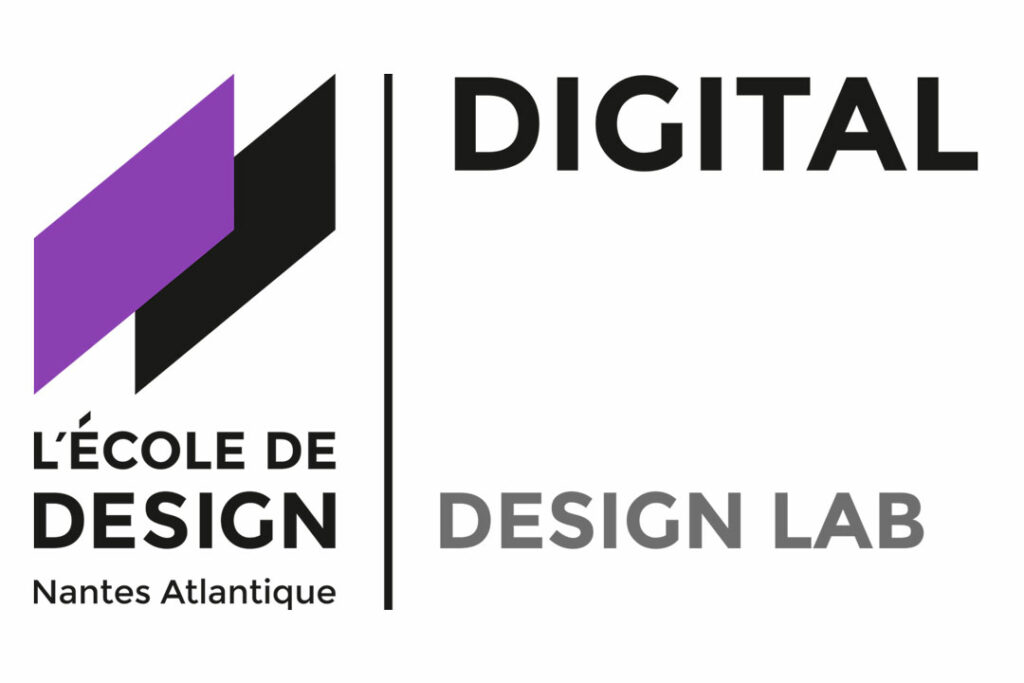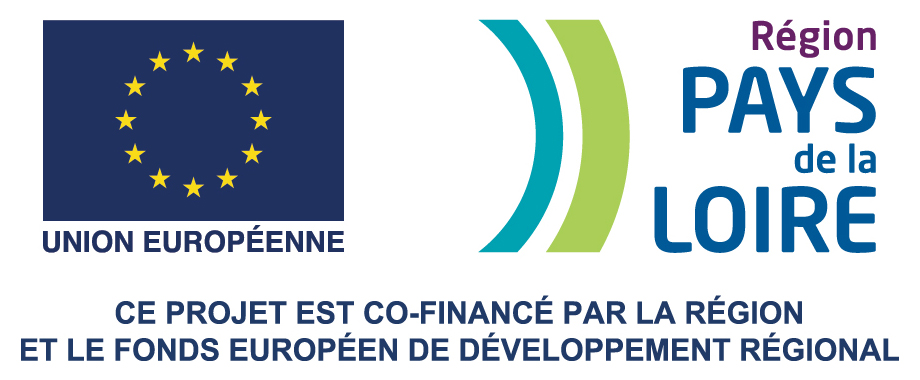Lucie Lévêque1, Matthieu Perreira Da Silva1, Patrick Le Callet1, and Frédérique Krupa2
1Laboratoire des Sciences du Numérique de Nantes (LS2N), Nantes Université, France
2Digital Design Lab, École de Design Nantes Atlantique (EDNA), France

Lucie Lévêque
Postdoctoral Researcher, LS2N, Nantes University, France
Lucie Lévêque is a Postdoctoral Researcher within the Image Perception Interaction team of Nantes Laboratory of Digital Sciences (LS2N), Nantes University. Her current research focuses on methodologies for studying the acceptability of artificial intelligence technologies from a multidisciplinary and user-centric perspective. She received the Ph.D. degree from the School of Computer Science and Engineering, Cardiff University, United Kingdom, in 2019, with a thesis entitled “Analysing and quantifying visual experience in medical imaging”. She is now vice chair of the Video Quality Experts Group (VQEG) on Quality Assessment for Health Applications.

Matthieu Perreira Da Silva
Associate Professor, LS2N, Nantes University, France
Matthieu Perreira Da Silva is an Associate Professor at Polytech Nantes. He carries out his research within the Image Perception Interaction team of the Nantes Laboratory of Digital Sciences (LS2N). He is co-responsible for the Visual Computing course of the Computer Science master’s degree at Nantes University. His research mainly focuses on studying and modeling human perception, as well as evaluating the quality of experience. He has been involved for several years in interdisciplinary projects combining IT, design, psychology, ophthalmology, psychiatry, etc. Since 2020, he has been the scientific co-manager (with Patrick Le Callet) of the Halle 6 XP-Lab, a userlab at Nantes University dedicated to the analysis of uses and of user experience.

Patrick Le Callet
Professor, LS2N, Nantes University, France
Patrick Le Callet is Professor Emeritus at Polytech Nantes. He is an IEEE Fellow. His research focuses on understanding human perception and its use for cognitive algorithms. More particularly, he works on the substrates of visual perception using artificial intelligence for experimental methods or characterisation protocols. He applies the perception principles to develop new learning algorithms or applications related to the quality of experience or the optimisation of various services (human-machine cooperation, multimedia, etc.). He is co-author of more than 500 publications and communications, as well as co-inventor of 16 international patents. He supervised the work of 30 doctoral theses, including 6 CIFRE, developed by students with varied backgrounds (signal and image processing, computer science, or cognitive psychology). He has served as associate editor of numerous journals such as IEEE TIP, IEEE STSP, IEEE TCSVT, SPRINGER EURASIP Journal on Image and Video Processing, and SPIE JEI. He sits on technical committees of learned societies as an elected member: IEEE IVMSP-TC (2015- to present) and IEEE MMSP-TC (2015-to present), EURASIP SAT (Special Areas Team on Image and Video Processing). He also co-chairs activities in the standardisation committees dealing with the evaluation of the quality of experience (VQEG, IEEE-SA HFVE). He was Associate Chair at ACM TVX 2017, and at ACM TVX 2018.

Frédérique Krupa
Director of the Digital Design Lab, EDNA, France
Frédérique Krupa is the Director of the Digital Design Lab at the Nantes Atlantique Design School, specialising in UX design research methods for immersive and tangible user experiences. With 30 years of experience teaching interaction design, UX / UI, and mixed methods of design research at schools like RISD, Parsons New School, and University of the Arts, she brings 25 years of UX design experience working for companies like Virtools and Dassault Systèmes. She received her Ph.D. in Design from the University of Paris 1 Panthéon-Sorbonne, followed by post doctoral research at the experimental computer science school 42 in Machine Learning. In addition to co-chairing the Interdisciplinary Innovation Platform in Artificial Intelligence & Acceptability (PII IA&A), her current research focuses on developing UX methods for machine learning, inclusive design, and ethical AI.






